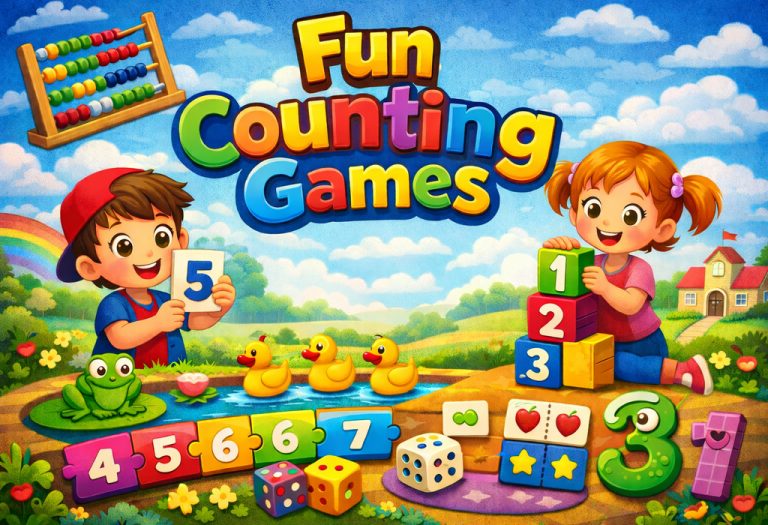12 Healthy Baby Foods You Should Give Your Child

As new parents, you always want the best for your baby. But, when it comes to food, there is nothing really called ‘the best’ for all babies. ‘Best’ could be closest to what suits your baby best. Therefore, food should be suitable for the age of the baby. Experts suggest that you should not introduce solid food before six months. After that, gradually add semi-solids to the diet. Also, you should not completely reject any food item unless the baby has a proven allergy to it because this is the time when the food habits will develop for life. So, place an assortment of the best baby food on your child’s platter, and sometimes sit back and watch what he naturally picks. Babies have their own taste buds, too! So, what foods do babies love the most? Find out!
Best Foods for Babies
Keeping the above-mentioned things in mind, we have created a list of ten items you could add to the weaning diet. These best foods for infants are based on expert recommendations. They ensure optimum nutrition from different categories of food, and all are ‘e-some’ (read awesome!).
- Easy to make.
- Easy to eat.
- Easy on the pocket.
However, don’t add everything at once. Take one baby step at a time. Keep a gap of three days between new food items to watch out for any allergic reaction. You should also check with your paediatrician for added guidance about the best food suitable for your baby’s age, to meet his specific health needs.
1. Breast Milk
This is one food that almost covers all aspects of nutrition for the first year of baby life. It is also indispensable in developing immunity. However, it is low on iron and may not provide sufficient nutrition after six months when the baby starts becoming more agile and mobile. That’s when you need to start adding the best foods for baby brain development and weight gain.
Recommended Age
- Only breast milk for the first six months.
- Top up liquid, semi-solid, solid food with breast milk until 12 months or longer, if possible.
2. Avocados
What could be an ideal first ‘green’ food for a gurgling baby? Avocados, because they are full of good fat (monounsaturated) and high in protein (more than any other fruit/vegetable).
It is also ideal for the busy, new mom because:
- The high-fat content keeps the baby full for hours.
- Avocados don’t need to be cooked.
Recommended Age
Six months and above
3. Iron-Fortified Cereal
Apparently, babies are born with an iron reserve that starts to deplete from six months. Start iron-rich food at that time. Moreover, mother’s milk is low in iron, too. Any of the iron-rich cereals like rice, oatmeal and barley make up for all this. Start with one of them and slowly add more iron-rich foods. Some recommend rice because they don’t usually cause any allergy.
Recommended Age
Six months and above.
4. Red Meat
Red meat is a good source of protein, iron, riboflavin, niacin, vitamin B6 and zinc. Nutrients from meat are vital for proper brain, skeletal, and muscular development. So, just veggies for your baby’s first meal is a myth, more because he cannot digest iron from plant sources easily.
When you do begin red meat, ensure you cook it very well, blend it and mix with breast milk and vegetable pulp so that it can be easily eaten and digested. Be sure to remove any tiny bone pieces from the puree. You can also buy canned plain meat puree.
Recommended Age
Seven to ten months onward.
5. Broccoli
When a baby is out of spoon-feeding, broccoli florets fit perfectly into tiny baby fingers. Boil them to make them soft and manageable. They are a superb source of vitamin C, but they should be steamed or microwaved because boiling eliminates half the vitamin. They also contain beta-carotene, folic acid, iron, potassium, and fibre.
Some babies may not like the taste of broccoli. To make it more appealing, you could:
- Mix it with a sweeter veggie, like carrot and sweet potato.
- Boil, cool and chill. But don’t serve anything chilled if the baby is prone to catching a cold or if the weather is generally cold.
Recommended Age
Eight to ten months.
6. Beets
Beets contain vitamin C, vitamin A, calcium, potassium, magnesium, and folic acid. They are among the naturally sweeter vegetables that babies take a quick liking to. Best baby preparation of beet is in juice or puree form, after boiling or roasting them.
Recommended Age
Beets contain nitrates that are not suitable for babies under six months because they can cause anaemia. The best time to start beet is 8-10 months.
7. Sweet Potatoes
The taste of some vegetables is often a put-off for babies. If you start your baby’s vegan journey with sweet potatoes, there may be some resistance. You would rather start off with something more naturally pleasant-tasting like sweet potatoes. They provide potassium, vitamin C, and fibre. They also contain beta-carotene, an antioxidant, that fortifies against some types of cancer. Mash it well for a memorable first ‘veggie’ treat for your baby.
Recommended Age
Six months and above.
8. Bananas
This tops the list of foods for baby to try! This is one food that brings a toothless grin to any baby’s playful face. Easy to mash and mess, ‘sooooo…’ sweet gives a nutritive ‘high’ and knows the ‘potty’ tricks. They are a source of:
- Energy, because they are carbohydrate-rich.
- Digestive elements and stool softener because they are full of fibre.
They are also among the best food for babies to gain weight from 6-9 months.
Mash and serve when they are ripe. Chopped bananas may be served to older babies as finger food.
Recommended Age
Six months and above.
9. Prunes
Prunes that you may know as dried plums could be appealing to babies because they are soft and sweet. They are fibre-rich and can be a natural cure for constipation, which is common when babies are weaning onto solids. You can serve prunes in the form of a puree or blend it with oatmeal, cereal, or applesauce.
Alternatively, you can feed raisins, too, as they are excellent for babies. Raisins must be soaked and pureed along with other foods before feeding the child to avoid choking hazards. When the child is old enough to chew the raisins and swallow them, you may let him eat raisins as they are.
Recommended Age
Six months and above.
10. Carrots
Protect your baby’s eyes with loads of carrots because they contain oodles of beta-carotene that changes to vitamin A in the body. Vitamin A is essential for healthy vision. Beta-carotene is also an antioxidant that gives carrots the orange colour.
Carrots are also a great first baby vegetable because of its natural sweetness. Carrots should be boiled until they are soft. Then, you can either make a puree, dice them or just serve carrots as finger food. Ensure the boiled carrots are cooled to the core before you serve them whole.
Recommended Age
Six to eight months.
11. Blueberries
Blueberries are packed with antioxidants, especially vitamin C and vitamin K, which are essential for a baby’s immune system and bone development. They also contain fiber that aids digestion. You can puree or mash blueberries and mix them with other fruits or cereals for an easy-to-eat treat.
Recommended Age
Six months and above.
12. Lentils
Lentils are a great source of plant-based protein and iron, making them an excellent addition to your baby’s diet. They also provide fiber, which is beneficial for digestion. Cook lentils until soft and blend them into a smooth puree, or mix them with vegetables or rice for a nutritious meal.
Recommended Age
Seven to eight months and above.
FAQs
1. Can I introduce spices to my baby’s food?
Yes, you can start introducing mild spices to your baby’s food around 8-10 months of age. Spices like cinnamon, turmeric, or cumin can add flavor and variety to their meals. However, avoid adding salt, sugar, or very hot spices until they are older. Always introduce one spice at a time to monitor any potential allergic reactions.
2. Is it safe to give my baby nuts or nut butters?
Yes, nut butters (like peanut butter) can be introduced to babies around 6 months of age, but it should be done cautiously. Start with a small amount and ensure it’s smooth and thinly spread to avoid choking hazards. Whole nuts, however, should be avoided until the child is older and can chew properly, usually around 3 years of age.
Although there is no one set of rules when it comes to providing nutrition to your little one through healthy baby food, with some guidance, you can create a power-packed diet with the foods that suit your baby’s needs. Once you have the ingredients in place, it is all about experimenting and discovering how to create balanced and age-appropriate meals for your child.
References/Resources:
1. Starting Solid Foods; American Academy of Pediatrics; https://www.healthychildren.org/English/ages-stages/baby/feeding-nutrition/Pages/Starting-Solid-Foods.aspx
2. 5 Health Benefits of Bananas; Cleveland Clinic; https://health.clevelandclinic.org/benefits-of-bananas
3. Carrots, raw; Food Data Central; U.S. Department of Agriculture; https://fdc.nal.usda.gov/fdc-app.html#/food-details/170393/nutrients
4. Kalt. W, Cassidy. A, Howard. L, Krikorian. R, Stull. A, et al.; Recent Research on the Health Benefits of Blueberries and Their Anthocyanins (Advances in Nutrition); National Library of Medicine; https://www.ncbi.nlm.nih.gov/pmc/articles/PMC7442370/; July 2019
5. Stacewicz-Sapuntzakis. M, Bowen. P, Hussain. E, Damayanti-Wood. B, Farnsworth. N; Chemical composition and potential health effects of prunes: a functional food? (Critical Reviews in Food Science and Nutrition); National Library of Medicine; https://pubmed.ncbi.nlm.nih.gov/11401245/; May 2001
6. Alam. M; A comprehensive review of sweet potato (Ipomoea batatas [L.] Lam): Revisiting the associated health benefits (Trends in Food Science & Technology); Science Direct; https://www.sciencedirect.com/science/article/abs/pii/S0924224421004398; September 2021
7. Varshney. K, Mishra. K; An Analysis of Health Benefits of Beetroot; ResearchGate; https://www.researchgate.net/publication/359864724_An_Analysis_of_Health_Benefits_of_Beetroot; February 2022
Also Read:
Baby Food Stages
Best Fiber Rich for Babies
Dinner Foods for Infants
Best Finger Foods for Babies
Was This Article Helpful?
Parenting is a huge responsibility, for you as a caregiver, but also for us as a parenting content platform. We understand that and take our responsibility of creating credible content seriously. FirstCry Parenting articles are written and published only after extensive research using factually sound references to deliver quality content that is accurate, validated by experts, and completely reliable. To understand how we go about creating content that is credible, read our editorial policy here.








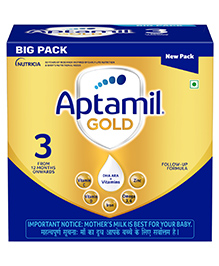
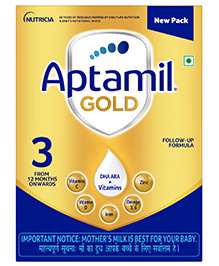
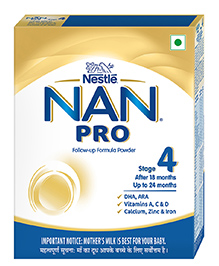
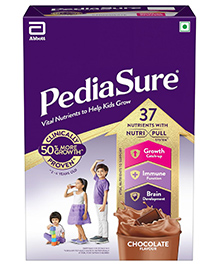
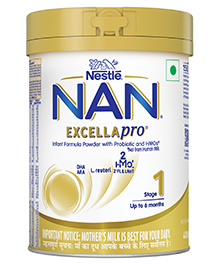
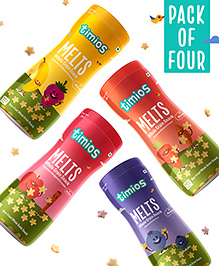
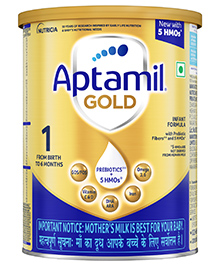
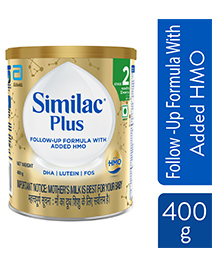
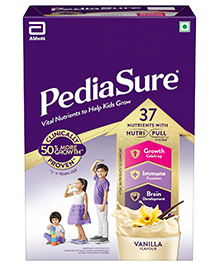

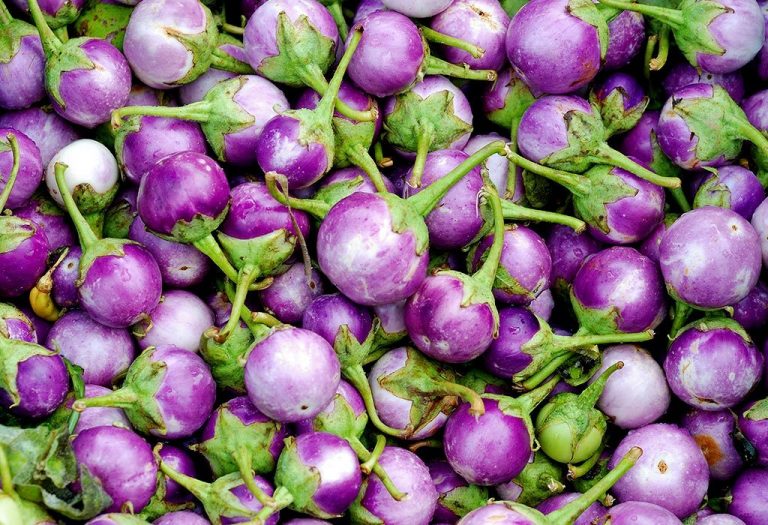
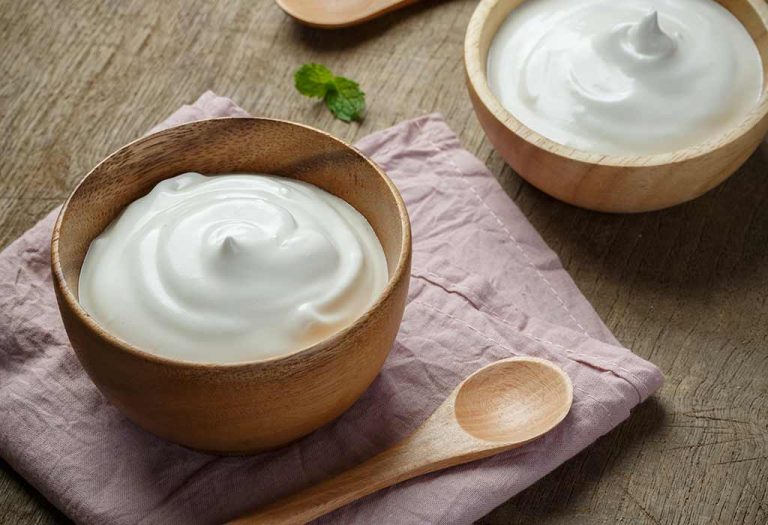

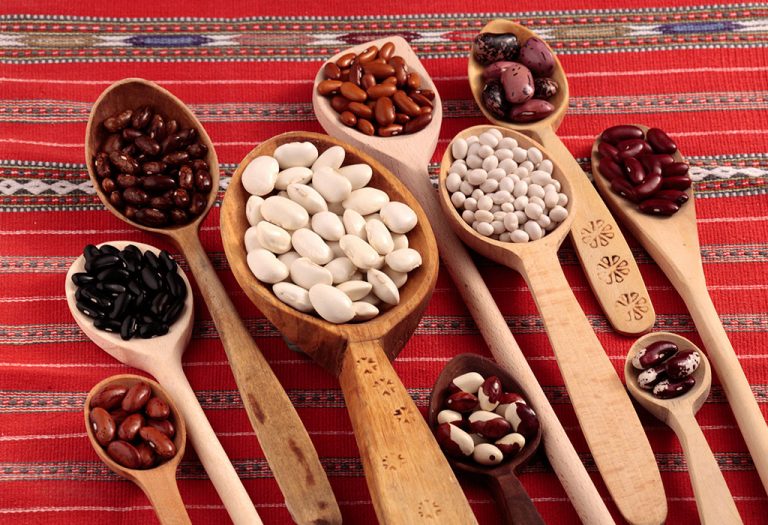


.svg)









